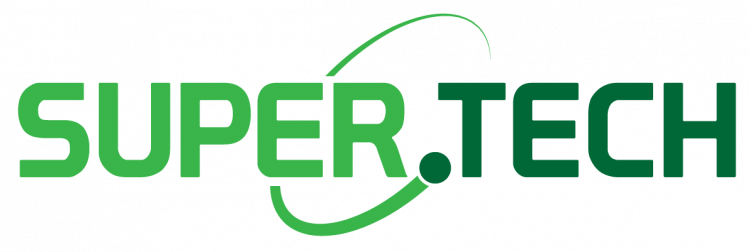Super.tech Receives $150,000 from George Shultz Innovation Fund to Lay the Groundwork for Quantum Computing
The Polsky Center for Entrepreneurship and Innovation at the University of Chicago has awarded $150,000 from its George Shultz Innovation Fund to Super.tech, a company that is “supercharging” near-term quantum computers to solve commercially useful problems.
The team, led by Pranav Gokhale – a doctoral candidate in quantum computer architecture at UChicago – is architecting a technology stack that makes software explicitly aware of the underlying quantum hardware. Their work enables useful speedups with qubits, matching hardware expected in the next five years.
“Discussions with the Innovation Fund leadership and associates helped us clarify our core strategy and business model. We also benefited from the training and support on crafting a pitch deck, which will help us in conversations with future investors as well,” said Gokhale.
Gokhale developed the company as an extension of the National Science Foundation’s Enabling Practical-Scale Quantum Computation (EPiQC) research project.
“Super.tech’s core innovation is incredibly compelling and may lay the groundwork for quantum computing for years to come. We’re excited to be a part of their early journey and future success,” said Jason Pariso, director of the George Shultz Innovation Fund.
The funding and support from the Shultz Innovation Fund will enable Super.tech to make key hires over the coming months, explained Gokhale. “I have been engaged with the Polsky Center as a former Innovation Fund Associate and an I-Corps participant, so I’m looking forward to staying engaged with Polsky through this investment,” he said.
Gokhale also was chosen to participate in Argonne National Laboratory’s Chain Reaction Innovations (CRI) program, which is funded by the Advanced Manufacturing Office within the US Department of Energy’s Office of Energy Efficiency and Renewable Energy.
This month, Gokhale and others began working, full time, with a host scientist at Argonne. As part of this, the cohort also receives support from mentors at the Polsky Center and mHUB, an innovation center located in downtown Chicago.
“Super.tech’s innovation is a game-changer. It will enable quantum computing to break out of the lab into real-world applications that have both economic and societal impact. That’s one of the reasons Super.tech was selected for the Chain Reaction Innovations entrepreneurship program at Argonne National Laboratory,” said CRI Director John A. Carlisle. “While it’s still early days for quantum, Super.tech’s quantum stack can drive the critical co-evolution of hardware and software—much like Microsoft Windows did for personal computing 30 years ago.”
This year’s Spring investment cycle included three finalists—Iris Light Technologies, QDIR, and Super.tech—and was conducted in a fully remote format to ensure the health and safety of all participants.
“In these challenging times, all three of the finalist management teams rose to the occasion and put in an incredible amount of effort that was matched by our student associates,” added Pariso.
The George Shultz Innovation Fund supports startups across the University of Chicago, Argonne National Laboratory, Fermilab, and Marine Biological Laboratory ecosystem.
“Investing in early-stage research companies such as Super.tech is critical to helping them get launched out of the University,” said Bill Payne, executive director of Polsky Science and Technology. “We are proud to support our innovative students and faculty as they develop companies that will benefit the public and have a lasting impact across various industries.”
